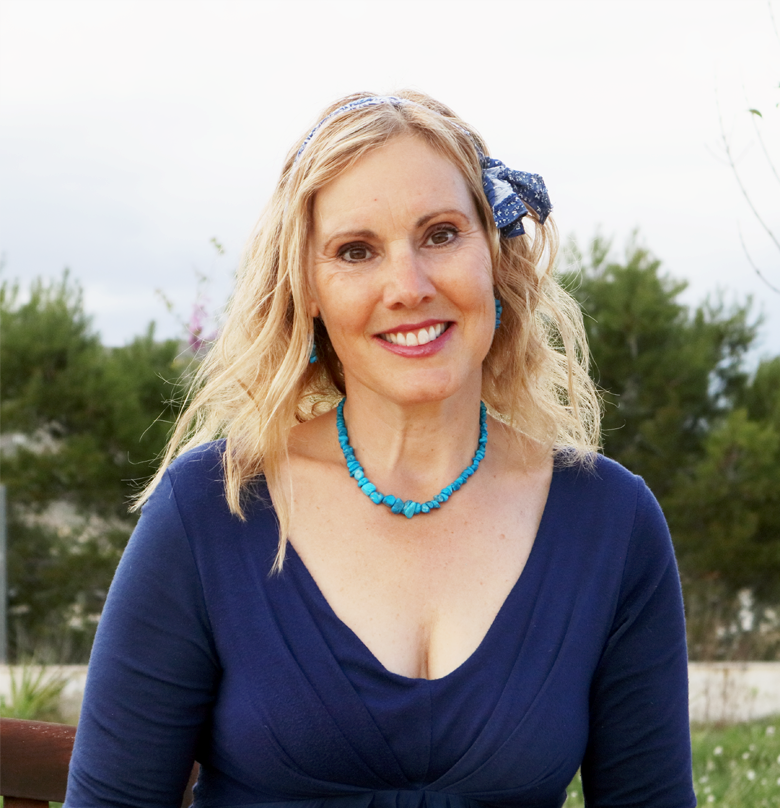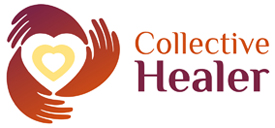by Sarah Dawkins

Fear, an age-old companion of humanity, manifests in myriad forms and influences our lives in profound ways. From the primal fear of physical harm to the existential dread of the unknown, fear is a fundamental aspect of the human condition. Understanding its origins, its evolutionary significance, and its impact on our lives is crucial for navigating its complexities and harnessing its power for personal growth and fulfillment.
At its core, fear is a survival mechanism deeply ingrained in our evolutionary history. Originating from our ancestors’ need to avoid danger and ensure survival, fear triggers the body’s innate fight-or-flight response, preparing us to confront threats or flee from them. This instinctual reaction served our ancestors well in the wild, allowing them to navigate hostile environments and evade predators.
So, while fear primarily functions as a protective mechanism, its influence extends beyond physical peril to encompass emotional and psychological realms. In modern society, fear often manifests in response to abstract threats such as failure, rejection, or uncertainty. While these fears may not pose an immediate physical danger, they can still trigger the same primal responses, eliciting stress, anxiety, and avoidance behaviours.
While fear can be a potent motivator, driving us to take action and protect ourselves, it can also become a barrier to growth and fulfillment. When left unchecked, fear can inhibit exploration, stifle creativity, and limit our potential. It erects barriers between us and our aspirations, constraining us within the confines of our comfort zones.
Overcoming fear is not about eliminating it entirely but rather learning to navigate it and harness its energy productively. Here are some strategies to help overcome fear naturally:

- Acknowledge your fears without judgment or self-criticism and accept that fear is a natural part of the human experience, and experiencing fear does not make you weak or inadequate.
- Cultivate mindfulness and self-awareness to recognize when fear arises and how it manifests in your thoughts, emotions, and body. By observing fear without becoming consumed by it, you can gain greater clarity and control over your reactions.
- Examine the beliefs and assumptions that underlie your fears. Often, fear is rooted in irrational or exaggerated perceptions of risk. Challenge these beliefs by gathering evidence, questioning their validity, and reframing them in a more realistic light.
- Gradually expose yourself to the objects or situations that trigger fear. Start with baby steps and gradually increase your exposure to fear over time. This gradual desensitization can help diminish the intensity of fear responses and build confidence in your ability to cope.
- Cultivate courage by facing your fears head-on and taking deliberate steps outside your comfort zone. Courage isn’t the absence of fear rather it is the willingness to act in spite of it. Each act of courage strengthens your resilience and empowers you to confront fear with greater confidence.
- Seek support from friends, family, or a therapist when facing significant fears or challenges. Because sharing your fears with others can provide perspective, validation, and encouragement, helping you feel less isolated in your struggles.
Ultimately, fear is neither a friend or foe but a potent force that can propel us forward or hold us back depending on how we choose to engage with it. By understanding the origins of fear, acknowledging its presence, and adopting proactive strategies for managing it, we can transform fear from a hindrance into a catalyst for personal growth, resilience, and self-discovery. Through courage, compassion, and self-compassion, we can navigate the complexities of fear and embrace the fullness of our human experience.
So next time you feel fearful, take a deep breath, dig deep to find your inner courage and step into the fear. What’s the worst that can happen?
This article is the transcript of episode 79 of the podcast Heal Yourself with Sarah Dawkins, available on Spotify, iTunes, Amazon, YouTube, Listen Notes, and Castbox.

Sarah Dawkins, MSc, Accredited Master Coach
Sarah is a Holistic Health and Healing Coach, Keynote Speaker, the Author of Heal Yourself, a Multi-Award-winning entrepreneur, and previously, she was a Registered Nurse for twenty years. Sarah has extensive experience in health and wellness from her many years in nursing and her insatiable drive to improve overall health through nutrition and natural means.
After naturally self-healing a multitude of health issues, Sarah understands what it is like to be sick. She uses the knowledge gained through her own personal healing journey and experience as a nurse to take a holistic approach in her work.
Through an exploration of her client’s lifestyles and beliefs, Sarah supports them to find and heal the root cause of their health problems, thereby improving their health and ultimately their lives.
When she’s not working, Sarah can be found outside in nature or in the kitchen.












